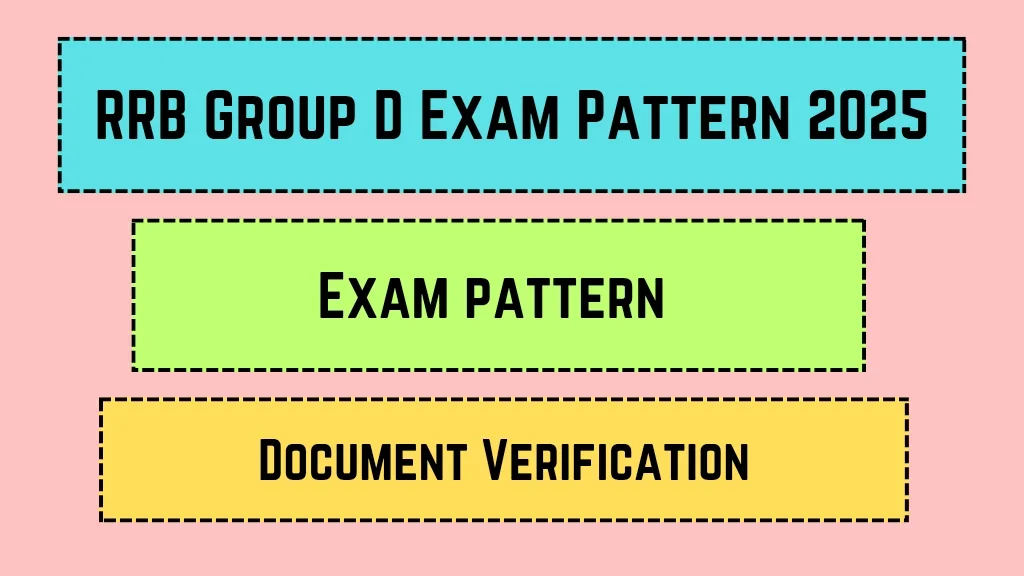The CSIR NET (Council of Scientific and Industrial Research National Eligibility Test) is one of the most prestigious exams in India for aspiring researchers and lecturers. Conducted by the National Testing Agency (NTA), it opens doors to Junior Research Fellowship (JRF) and Lecturership in subjects like Life Sciences, Physical Sciences, and Chemical Sciences. With the CSIR NET 2025 exam around the corner, it’s time to strategize your preparation effectively. This guide will walk you through the key highlights, preparation tips, and resources to help you ace the exam. Let’s dive in! 🚀
Key Highlights 📌
| Key Point | Details |
|---|---|
| Organization Name | Council of Scientific and Industrial Research (CSIR) |
| Exam Name | CSIR NET (National Eligibility Test) |
| Conducting Body | National Testing Agency (NTA) |
| Exam Frequency | Twice a year (June and December) |
| Eligibility | M.Sc. or equivalent degree with 55% marks (50% for reserved categories) |
| Exam Mode | Computer-Based Test (CBT) |
| Subjects | Life Sciences, Physical Sciences, Chemical Sciences, etc. |
| Official Website | https://csirnet.nta.nic.in |
Understanding the Exam Pattern 📊
The CSIR NET 2025 exam is divided into three parts:
- Part A (General Aptitude):
- 20 questions (15 to be attempted).
- Focus on logical reasoning, graphical analysis, and numerical ability.
- Part B (Subject-Specific):
- 50 questions (35 to be attempted).
- Covers core concepts of your chosen subject (Life Sciences, Physical Sciences, or Chemical Sciences).
- Part C (Higher-Order Questions):
- 75 questions (25 to be attempted).
- Tests application-based knowledge and analytical skills.
Marking Scheme:
- +2 marks for each correct answer.
- -0.5 marks for each incorrect answer.
Preparation Tips for Life Sciences �
Focus on Core Topics
- Molecular Biology, Genetics, and Biochemistry are high-weightage topics.
- Revise cell signaling, immunology, and developmental biology thoroughly.
Practice Diagrams and Flowcharts
- Many questions in Life Sciences require diagrammatic representation.
- Practice drawing neat and labeled diagrams for topics like DNA replication and photosynthesis.
Solve Previous Year Papers
- Analyze past question papers to understand the exam pattern and important topics.
Preparation Tips for Physical Sciences 🌌
Master the Basics
- Focus on Quantum Mechanics, Thermodynamics, and Electromagnetic Theory.
- Strengthen your understanding of mathematical tools used in physics.
Numerical Practice
- Physical Sciences involve a lot of numerical problems.
- Dedicate time to solving numerical-based questions daily.
Use Standard Textbooks
- Refer to books like “Introduction to Electrodynamics” by David J. Griffiths and “Quantum Mechanics” by R. Shankar.
Preparation Tips for Chemical Sciences 🧪
Emphasize Organic and Inorganic Chemistry
- Organic Chemistry reactions and Inorganic Chemistry periodic trends are crucial.
- Practice mechanisms and named reactions regularly.
Stay Updated with Physical Chemistry
- Topics like Chemical Kinetics, Thermodynamics, and Surface Chemistry are frequently asked.
- Solve numerical problems to build confidence.
Revise Spectroscopy and Analytical Techniques
- Questions on NMR, IR, and Mass Spectroscopy are common.
- Understand the principles and applications of these techniques.
Study Plan and Time Management 🗓
Create a Realistic Schedule
- Allocate 2-3 hours daily for each subject.
- Include short breaks to avoid burnout.
Weekly Revision
- Dedicate Sundays to revising the topics covered during the week.
- Use mind maps and flashcards for quick revision.
Mock Tests and Analysis
- Take full-length mock tests every 15 days.
- Analyze your performance to identify weak areas.
Recommended Resources 📚
| Subject | Books |
|---|---|
| Life Sciences | “Cell Biology” by Gerald Karp, “Molecular Biology of the Cell” by Alberts |
| Physical Sciences | “Classical Mechanics” by Herbert Goldstein, “Mathematical Methods” by Arfken |
| Chemical Sciences | “Organic Chemistry” by Morrison and Boyd, “Inorganic Chemistry” by J.D. Lee |
Final Thoughts 🌟
Preparing for CSIR NET 2025 requires dedication, consistency, and smart planning. Focus on understanding concepts rather than rote learning, and practice as many mock tests as possible. With the right strategy and resources, you can crack the exam and achieve your dream of becoming a researcher or lecturer. Best of luck! 🌈
Note: For the latest updates, always refer to the official website: https://csirnet.nta.nic.in.









